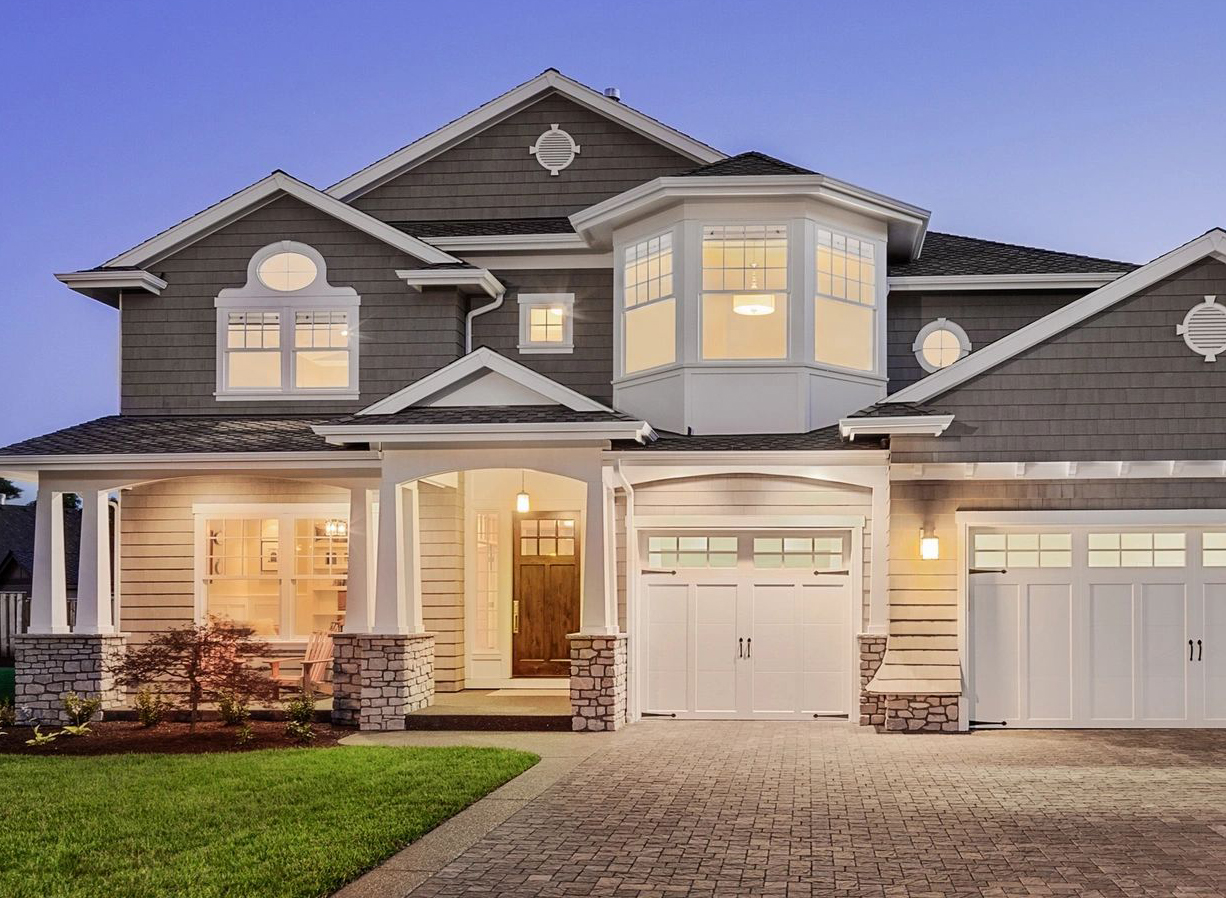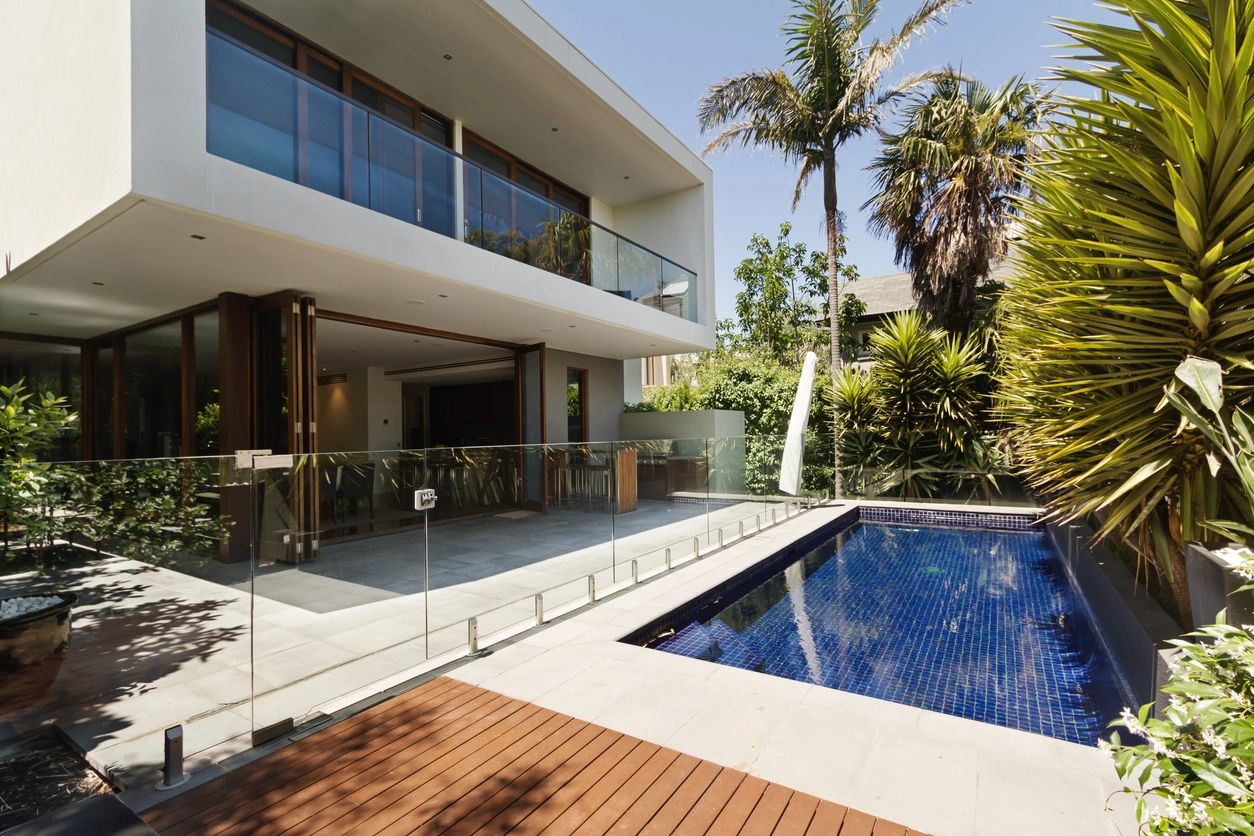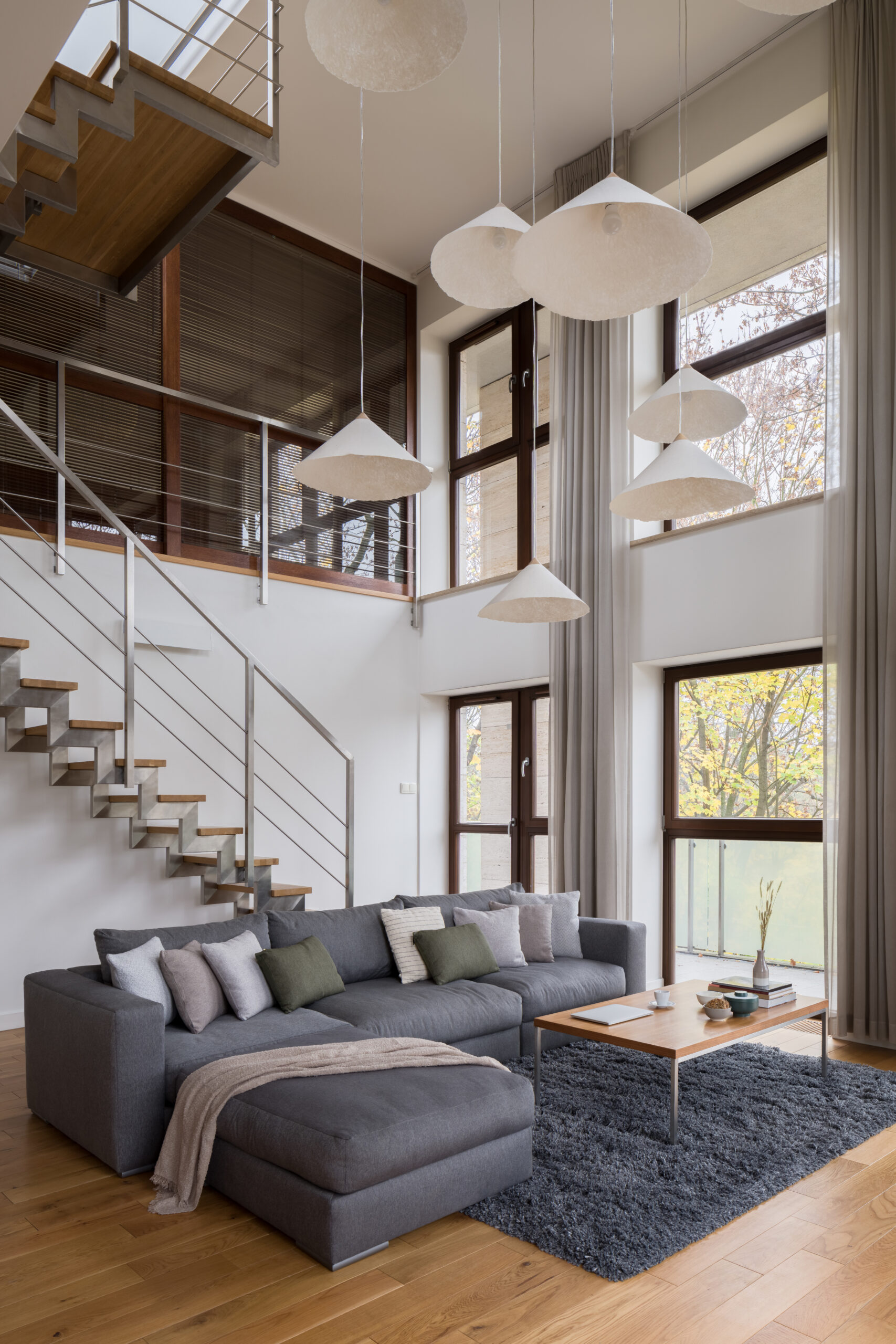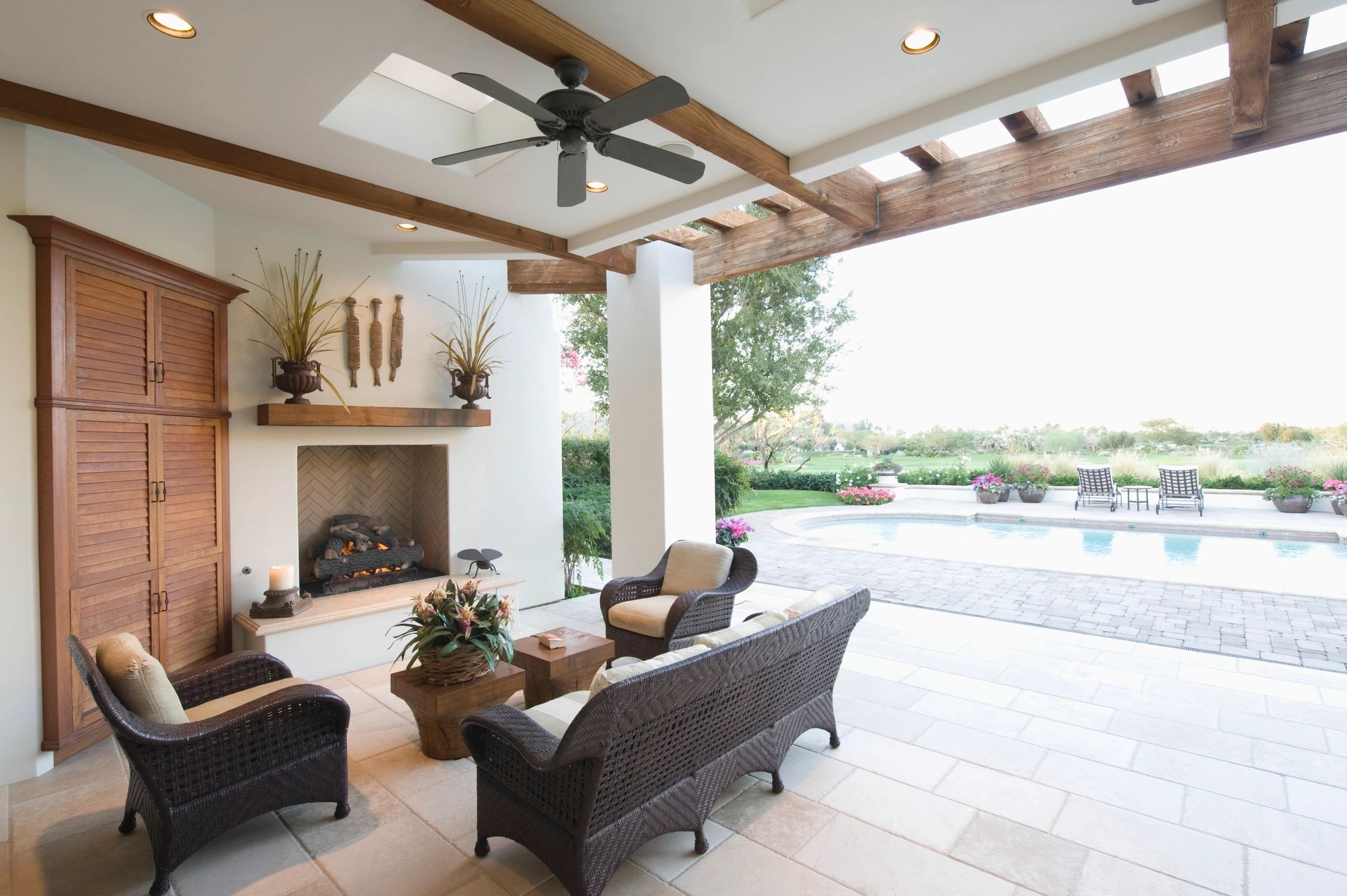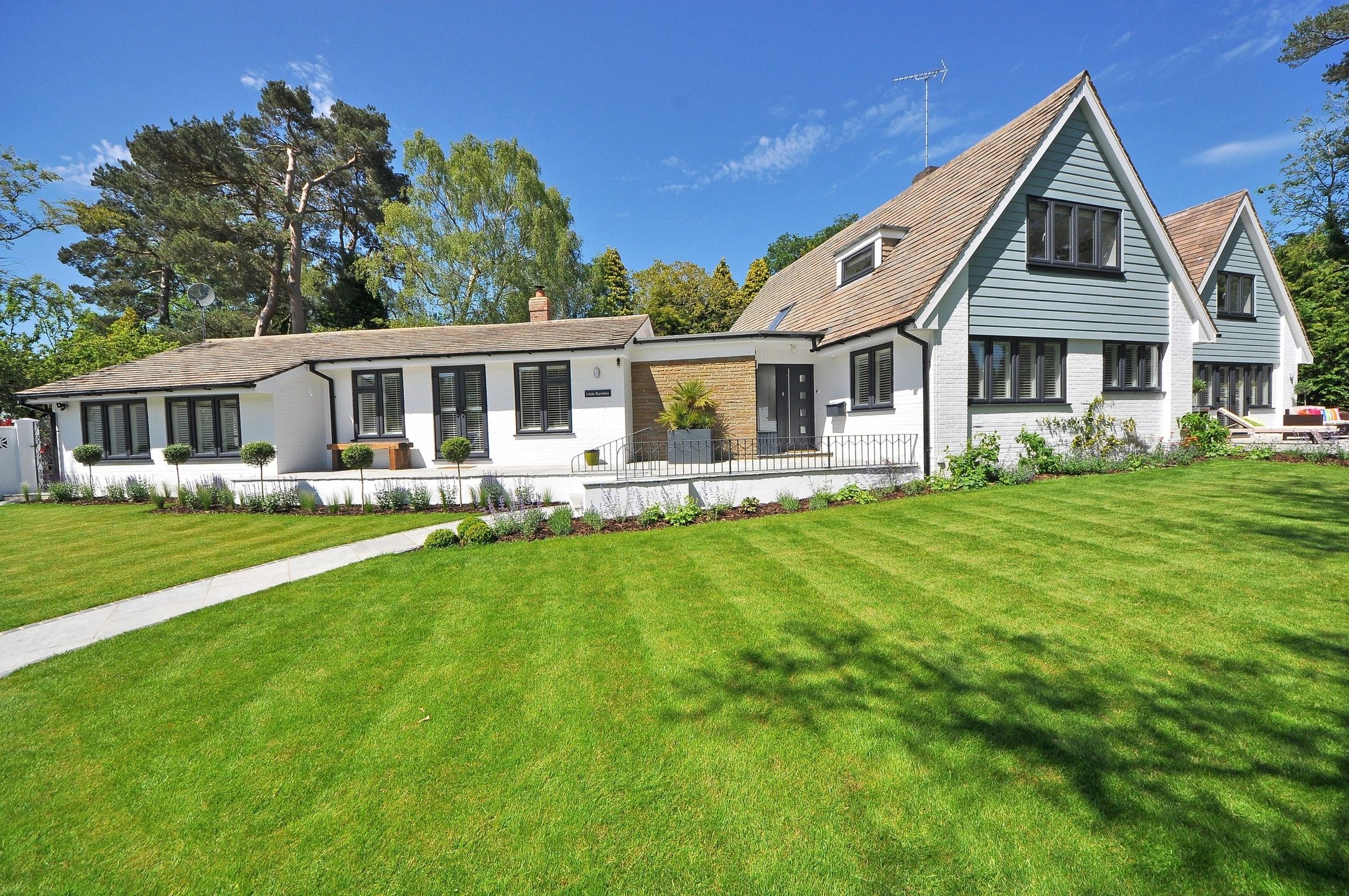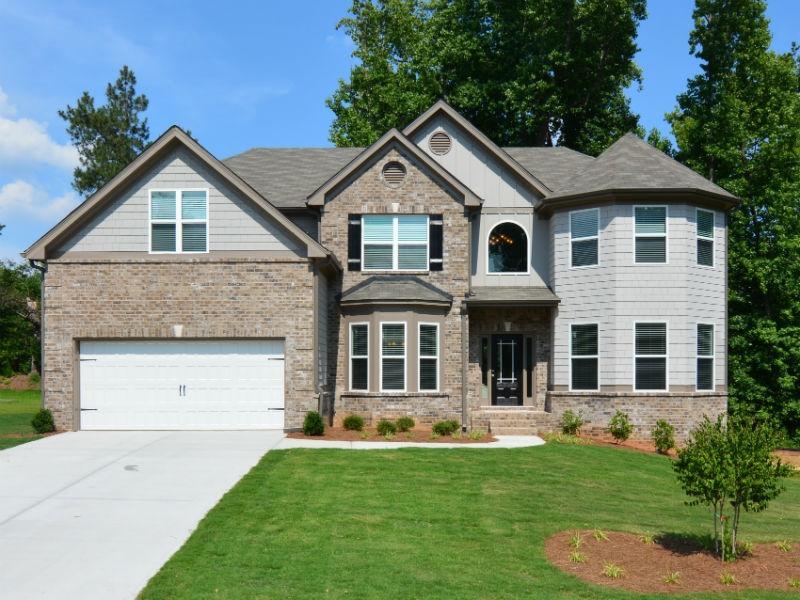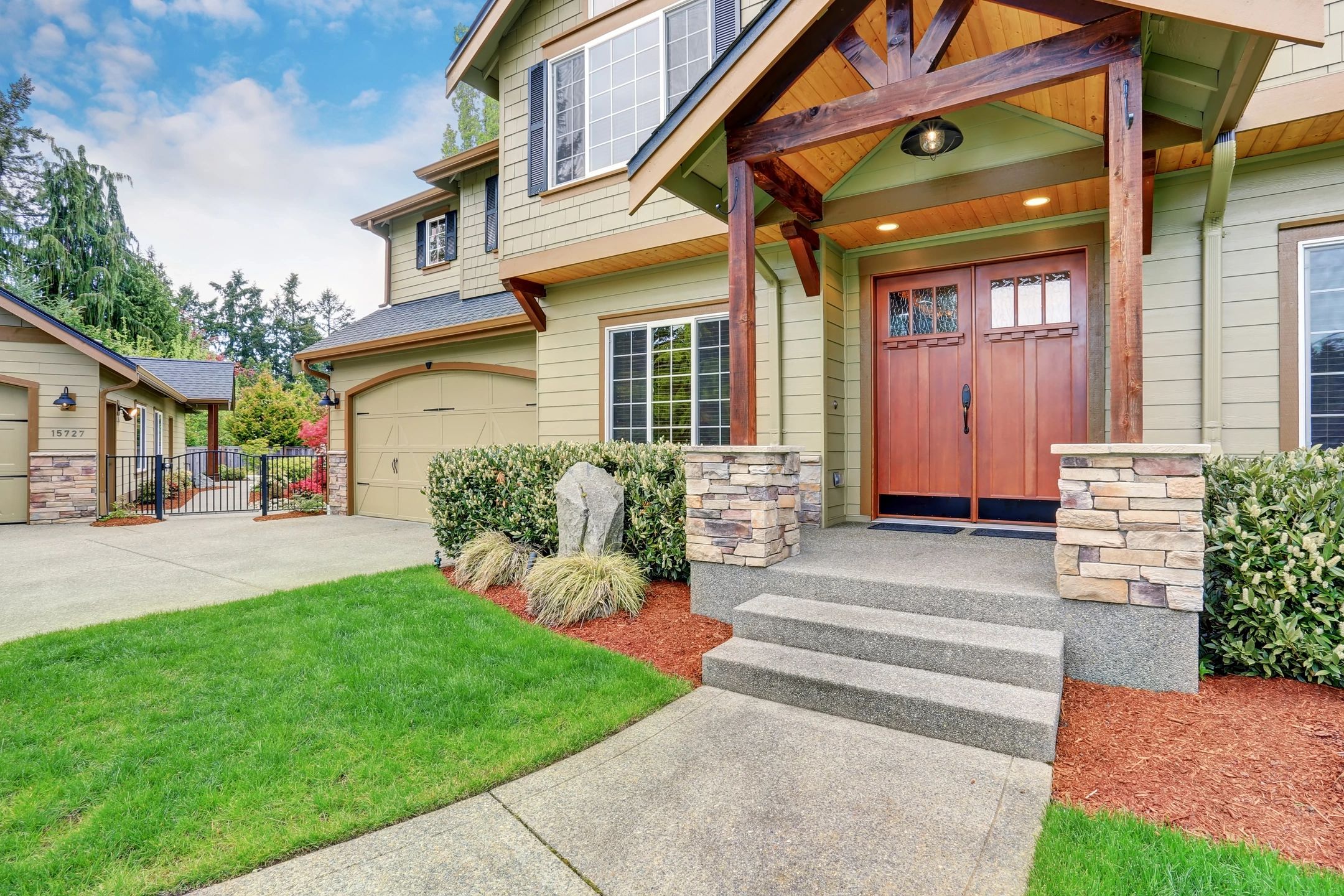"We are beyond happy with Pete and his teams quality and professional service..."
"Pete and his team were very professional and helped us every step of the way..."
"We highly recommend Pete for anyone that wants a hard working realtor..."
"Pete went the extra mile to set me up with a short term rental in Blue Ridge, GA..."
"They were professional, timely, and went the extra mile to help set me up..."
"Josh did a fantastic job connecting my wife and I with resources while moving from Knoxville..."
"Pete was amazing throughout our buying process. We did a 1031 exchange so timing was important..."
"Thank you Pete & Sabrina for helping us find our new home in TN...."
"Pete advised my client and found him an EXCELLENT property all the way through the purchase..."
"Pete was absolutely phenomenal! We were in a tight schedule and he helped..."
"I referred some dear friends to Pete. He totally stepped up!..."
"Made the process super easy for a first timer..."
"Pete is by far the best realtor we have ever worked with..."
"Very professional and really knew the ins and outs of real estate..."
"Pete helped us buy our first home and he took all the stress out of it..."
"Great man of integrity who got us into our dream home despite complications on the sellers side..."





